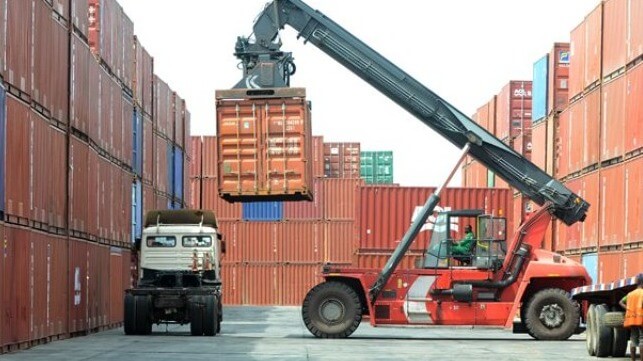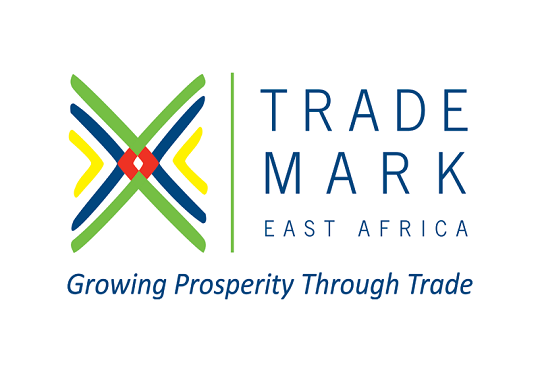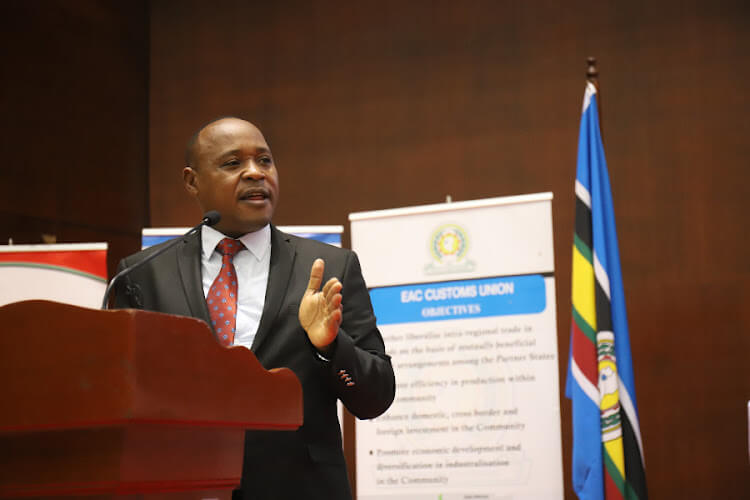The centres are expected to develop the next generation of African business leaders ADDIS ABABA, Ethiopia, September 17, 2021/APO Group/ -- The Economic Commission for Africa (ECA) and International Chamber of Commerce have jointly launched Centres of Entrepreneurship in Africa, under the theme, ‘Creating Livelihoods for Inclusion’. With strategic locations across Africa, the ECA - ICC Centres of Entrepreneurship will work with various stakeholders, including businesses, chambers of commerce, academic institutions, intergovernmental and governmental agencies, to connect local entrepreneurs to global markets and enhance regulatory conditions for SMEs to thrive. The entrepreneurship centres will develop the skills of young people who face uncertain employment prospects to mentoring local start-ups and entrepreneurs. The centres are expected to develop the next generation of African business leaders. Speaking during the virtual launch on 16 September 2021, Oliver Chinganya, Director of the Africa Centre for Statistics at the ECA, said “the launch of the Centres of Entrepreneurship comes at the right time when Africa is trying to build back better from the effects of Covid-19. We believe that these Centres, based in different regions of the continent, and with tailored-made solutions, can mobilize the next generation of entrepreneurship in Africa.” Mr Chinganya said the Centres will provide Micro, Small and Medium Enterprises (MSMEs) with the tools and pathways to expand their business and play an effective role in the goods and services supply chain. They will also provide pathways to accelerate women and youth empowerment a necessary action to accelerate Africa’s growth and recovery...
ECA and International Chamber of Commerce (ICC) launch centre of entrepreneurship in Africa
Posted on: September 20, 2021
Posted on: September 20, 2021























